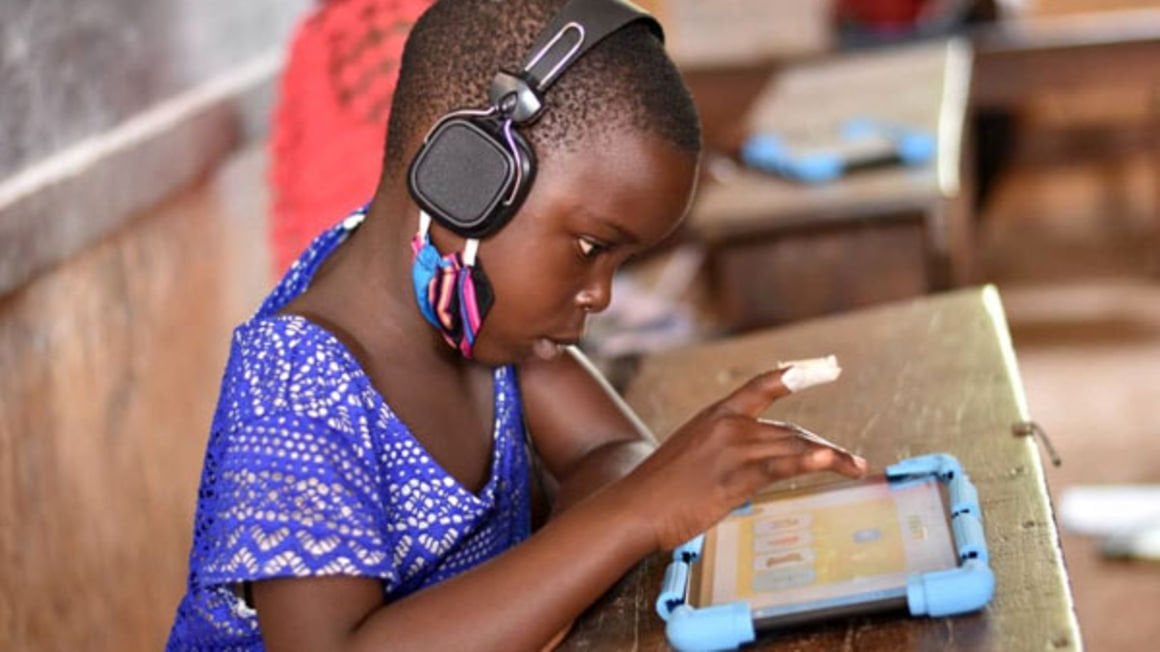Prime
Govt told to guard learners against online harassment

A pupil operates a tablet at the launch of e-learning at Nalongo Church of Uganda in Luweero District on August 18. PHOTO/FILE
What you need to know:
- The need to protect children follows a revelation by government last year that at least 14,000 children were defiled in Uganda after coronavirus pandemic hit the country last year.
- The Executive Director of National Children Authority, Mr Martin Kiiza, said about 17,000 cases of domestic violence were recorded in the same period.
Civil society organisations (CSO) in Uganda have urged government to institute and implement measures that shield children from forms of cyber harassment during online study sessions.
In their joint message issued yesterday to mark the international day of the girl-child celebrated today, members said government should ensure morality and sanity is preserved among learners.
Pupils and students are exposed to cyber bullying and pornography.
Mr James Yesiga, the country director of the Terre Des Hommes, said children have confessed to temptations on the internet.
“The various violations have been received from the children we interact with. Most of them indicate there has been abuse online whereby they have been made to feel uncomfortable, abused and targeted,” he said.
The members claimed that the girl-child is most targeted and could be the most vulnerable .
Advocates of the children protection want government through line ministries, departments and agencies (MDAs) to formulate measures and other firewalls that make internet spaces safer for children.
“So what we would like to see happening is government putting place measure to prevent this sort of harassment. Technology has advanced and therefore government can be able to monitor what sites are being accessed and if there are educational sites, then government should have the ability to prevent people with bad intentions like those who might want to endanger children,” Mr Yesiga said.
He added: “When you buy a phone for education purposes, you can configure it to ensure that the gadget cannot access certain sites. But some parents don’t have this information and also don’t know that the technicalities of protecting their children.”
Some children that Daily Monitor interacted with decried the limited access to internet.
“When a girl like me in my village has a smart phone, everyone assumes that you are going to get spoilt because they look at phones as the root cause of early pregnancies, dropping out of school and also as a sign of disrespect of parents,” she said.
The activists also want parents to accord children easier access to internet platforms and digital spaces because these enhance education, especially research.
“You find that in a family setting, a parent may buy a phone for a boy and not for the girl of the same age bracket. Similarly, a boy may have more access to the father’s or mother’s phone than the girl because she is doing other domestic duties which the boy is not doing,” Mr Yesiga said.
He added: “Parents need to be sensitised, especially now that the internet and other digital platforms are being used for educational purposes. All children deserve equal access to the phone so that they can attend their lessons and also do research online.”



